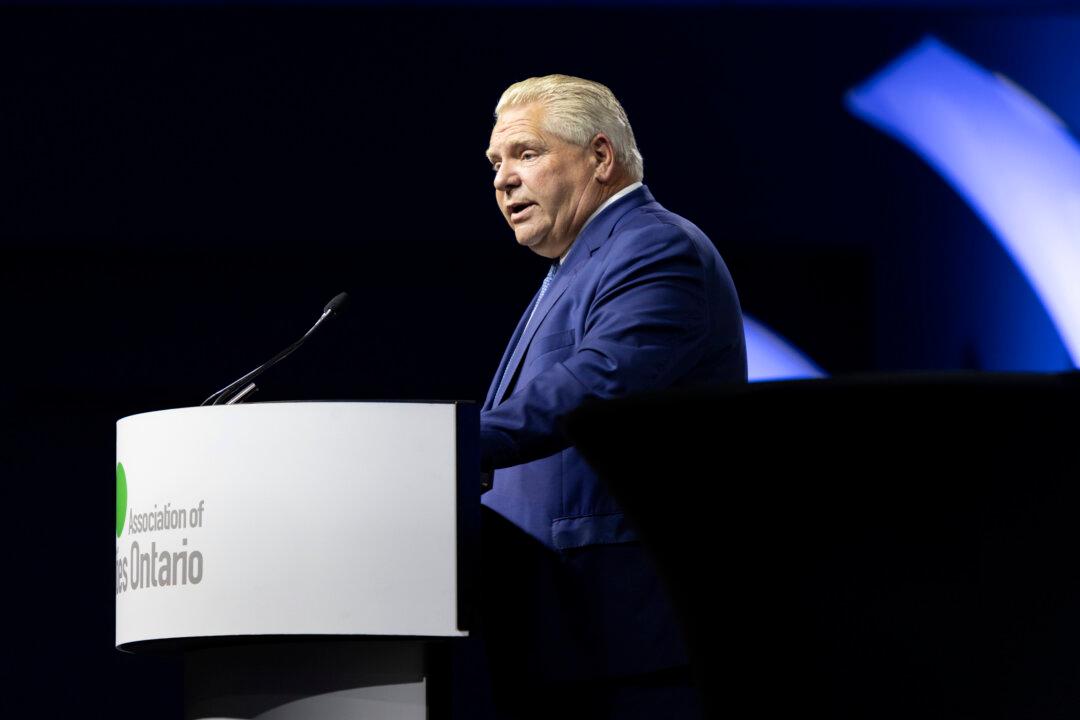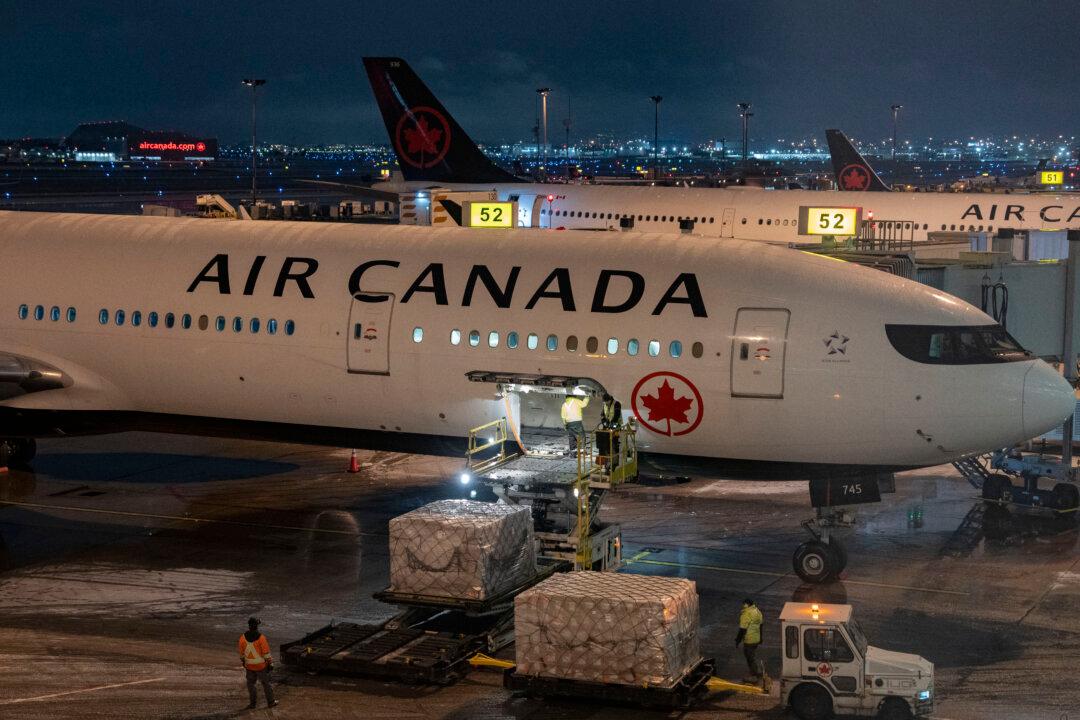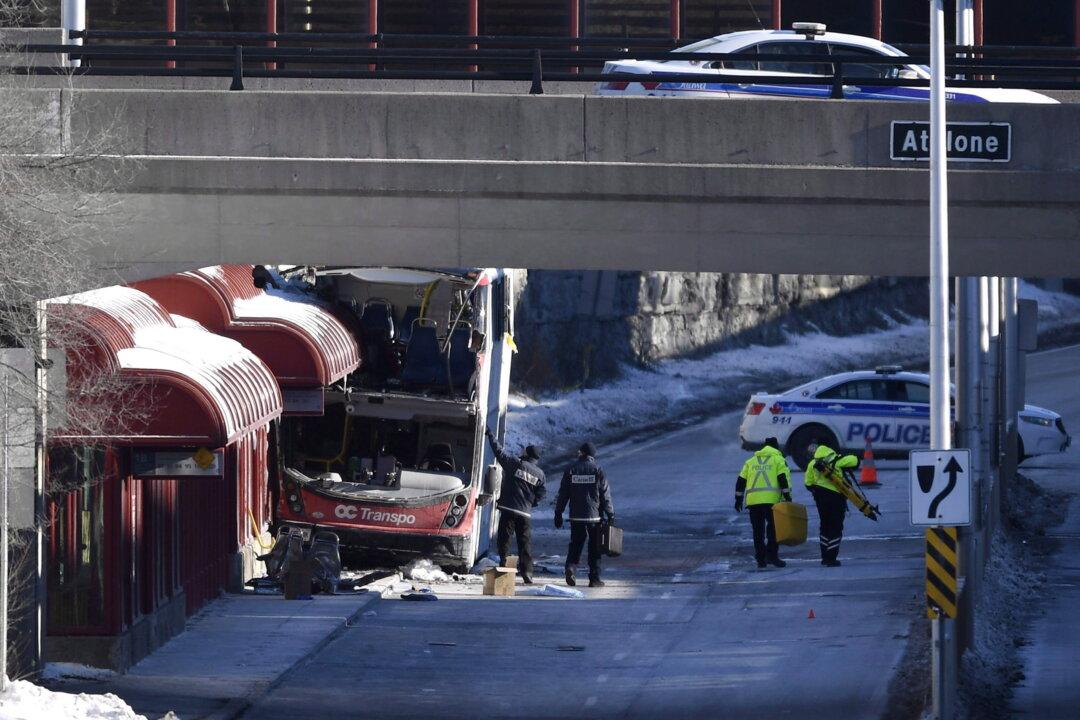Ontario Premier Doug Ford is expanding so-called strong mayor powers to a total of 49 communities across the province and is offering $1.2 billion in incentives for cities and towns to meet housing targets.
Ford’s announcement Monday, in a speech at the Association of Municipalities of Ontario’s conference, comes as the province’s housing starts are well below what’s needed to hit the premier’s target of building 1.5 million homes by 2031.





